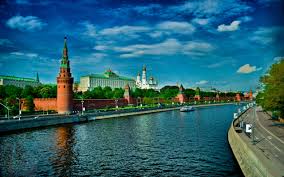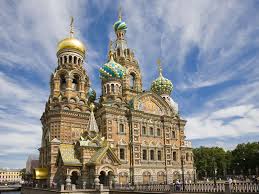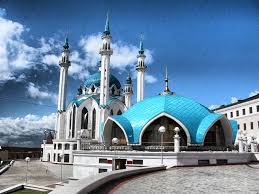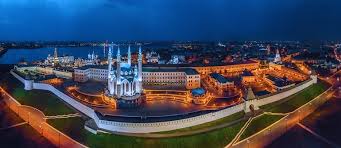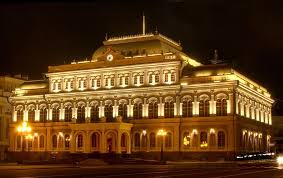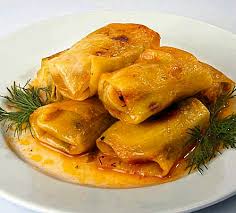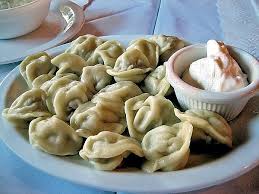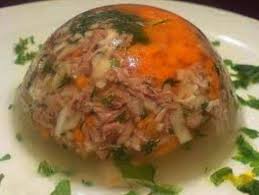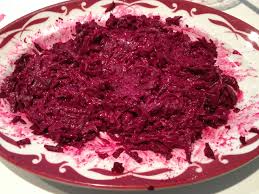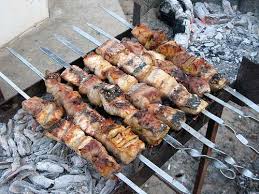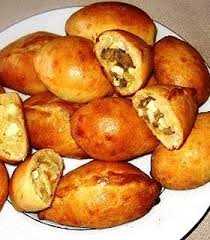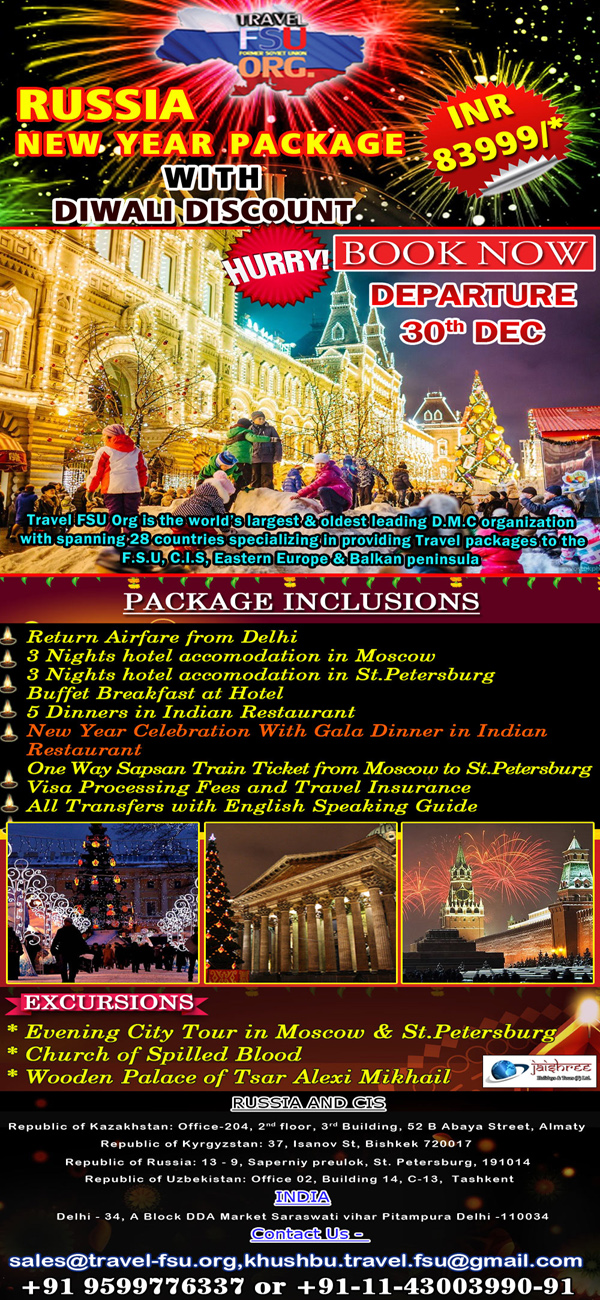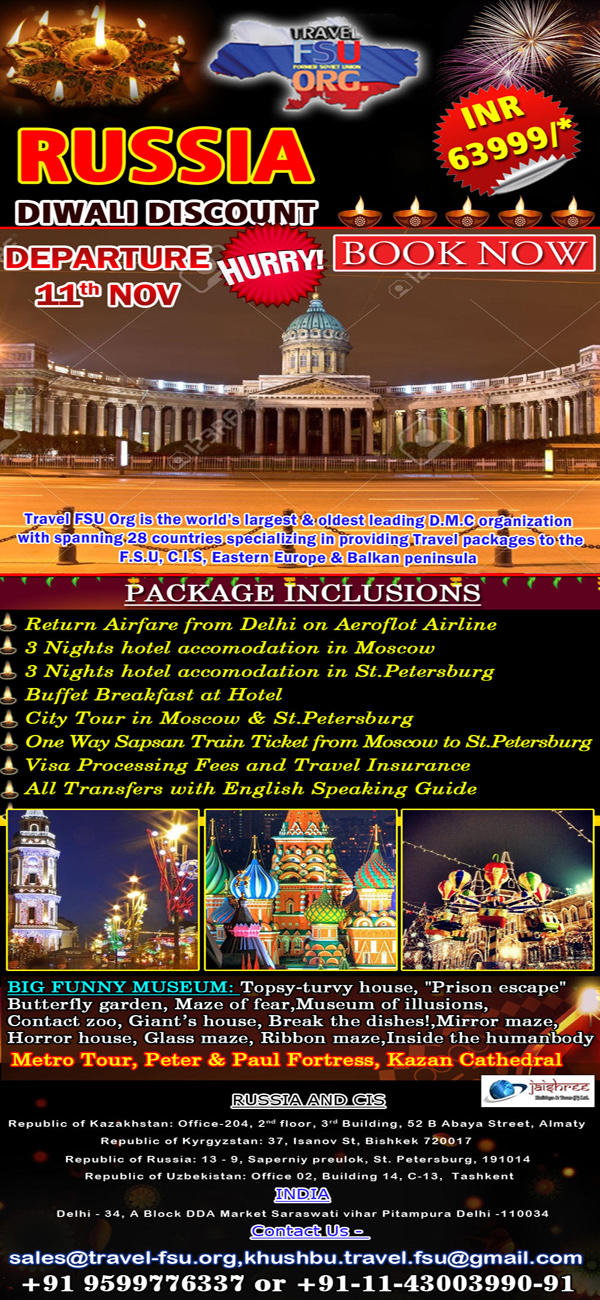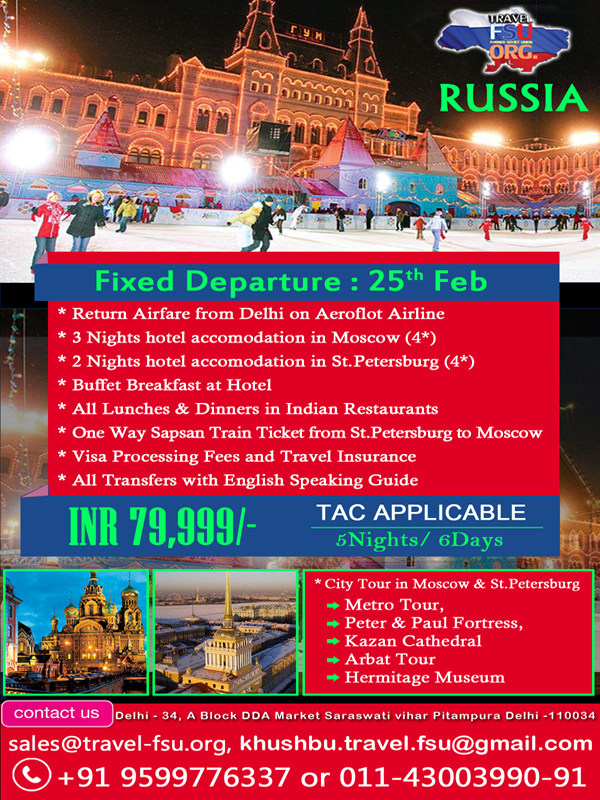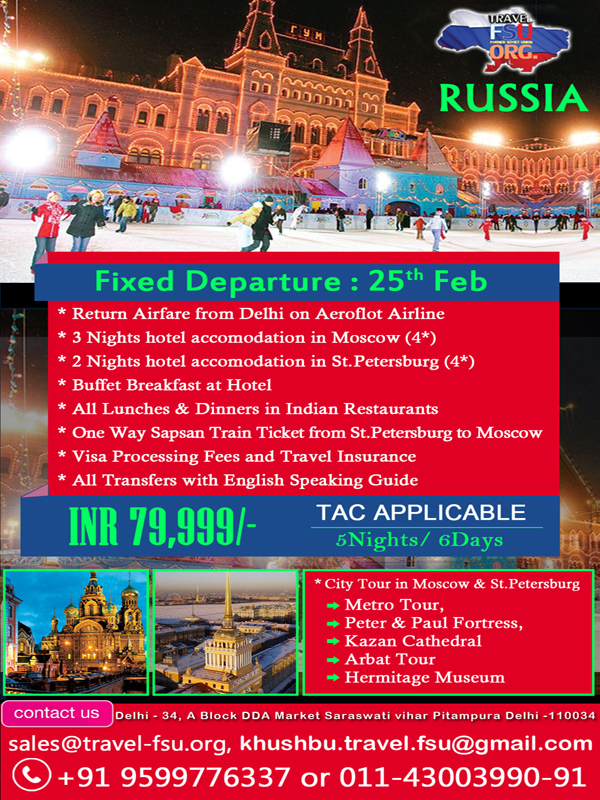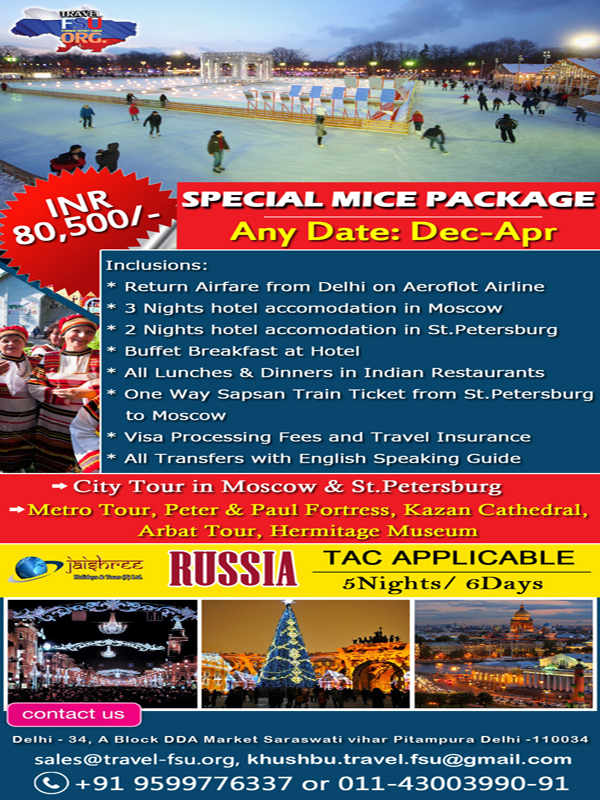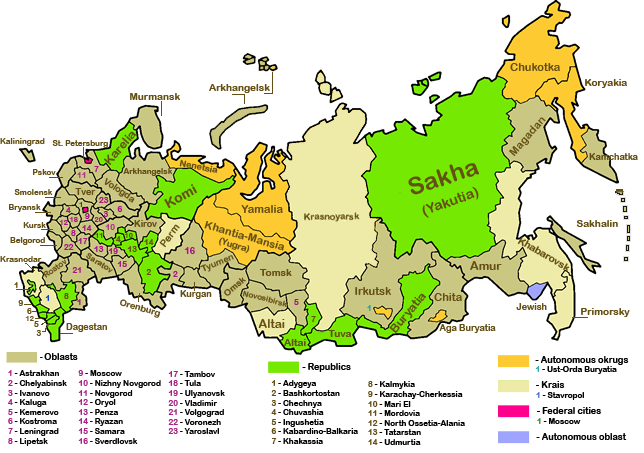Russia emerged from a decade of post-Soviet economic and political turmoil to reassert itself as a world power. Spanning nine time zones, Russia is the largest country on earth in terms of surface area, although large tracts in the north and east are inhospitable and sparsely populated. This vast Eurasian land mass covers more than 17m sq km, with a climate ranging from the Arctic north to the generally temperate south.
Geography
Russia (Russian: Россия, tr. Rossiya; IPA: [rɐˈsʲijə] ( listen)), also officially known as the Russian Federation (Russian: Российская Федерация, tr. Rossiyskaya Federatsiya; IPA: [rɐˈsʲijskəjə fʲɪdʲɪˈratsɨjə] ( listen)), is a country in northern Eurasia. It is a federal semi-presidential republic. At 17,075,400 square kilometres (6,592,800 sq mi), Russia is the largest country in the world, covering more than one-eighth of the Earths inhabited land area. Russia is also the worlds ninth most populous nation with nearly 144 million people as of 2015.
Extending across the entirety of northern Asia and much of Eastern Europe, Russia spans nine time zones and incorporates a wide range of environments and landforms. From northwest to southeast, Russia shares land borders with Norway, Finland, Estonia, Latvia, Lithuania and Poland (both with Kaliningrad Oblast),Belarus, Ukraine, Georgia, Azerbaijan, Kazakhstan, China, Mongolia, and North Korea. It shares maritime borders with Japan by the Sea of Okhotsk and the U.S. state of Alaska across the Bering Strait.
The nations history began with that of the East Slavs, who emerged as a recognizable group in Europe between the 3rd and 8th centuries AD. Founded and ruled by a Varangian warrior elite and their descendants, the medieval state of Rus arose in the 9th century. In 988 it adopted Orthodox Christianity from the Byzantine Empire, beginning the synthesis of Byzantine and Slavic cultures that defined Russian culture for the next millennium. Rus ultimately disintegrated into a number of smaller states; most of the Rus lands were overrun by the Mongol invasion and became tributaries of the nomadic Golden Horde. The Grand Duchy of Moscow gradually reunified the surrounding Russian principalities, achieved independence from the Golden Horde and came to dominate the cultural and political legacy of Kievan Rus. By the 18th century, the nation had greatly expanded through conquest, annexation, and exploration to become the Russian Empire, which was the third largest empire in history, stretching from Poland in Europe to Alaska in North America.
Following the Russian Revolution, the Russian Soviet Federative Socialist Republic became the largest and leading constituent of the Soviet Union, the worlds first constitutionally socialist state and a recognized superpower, which played a decisive role in the Allied victory in World War II. The Soviet era saw some of themost significant technological achievements of the 20th century, including the worlds first human-made satellite, and the first man in space. Following the dissolution of the Soviet Union in 1991, the Russian SFSR reconstituted itself as the Russian Federation and is recognized as the continuing legal personality (the solesuccessor state) of the Union state.
Population
Population - 2000-2050 (146,670,000 - 2050/116,097,000 (15 nation in 2050 population)
Christian 66.9%, Evangelical 1.2%
Russian Orthodox
Median Age: 2000-2050 (37-44)
Fertility Rate: 2000-2050 (1.3 -1.83
Life expectancy: 62 years (men), 74 years (women) (UN)
GNI per capita: US $9,370 (World Bank, 2009)
Transport
The transport network of the Russian Federation is one of the worlds most extensive. The national web of roads, railways and airways stretches almost 4,800 miles (7,700 km) from Kaliningrad in the west to the Kamchatka Peninsula in the east, and major cities such as Moscow and Saint Petersburg are served by extensive rapid transit systems.
Railways: Russia has the worlds second-largest railway network, second only to that of the United States, with a total track length of 87,157 kilometres (54,157 mi) as of 2011. Of this, 86,200 kilometres (53,600 mi) uses a broad rail gauge of 1,520 mm (4 ft 11 27⁄32 in), while a narrow gauge of 1,067 mm (3 ft 6 in) is used on a 957-km (595-mile) stretch of railway on Sakhalin Island. Electrified track accounts for around half of the Russian railway network - totalling 40,300 kilometres (25,000 mi) - but carries the majority of railway traffic.
Highways: As of 2006 Russia had 933,000 km of roads, of which 755,000 were paved. Some of these make up the Russian federal motorway system.
Road safety in Russia is poor with road accident deaths per million population higher than all countries in the G8 and the other BRIC countries. When assessing the level of risk when travelling on Russias roads (i.e. the number of accidents per unit of travel) it is 60 times that of Great Britain. With a large land area the road density is the lowest of all the G8 and BRIC countries. Dashcams are widespread, inasmuch as Russian courts prefer video evidence to eyewitness testimony, but also as a guard against police corruption and insurance fraud.
Airports: As of 2002, there were 2,743 airports in Russia.
Aircraft manufacturing is an important industrial sector in Russia, employing around 355,300 people. The dissolution of the Soviet Union led to a deep crisis for the industry, especially for the civilian aircraft segment. The situation started improving during the middle of the first decade of the 2000s due to growth in air transportation and increasing demand. A consolidation programme launched in 2005 led to the creation of the United Aircraft Corporation holding company, which includes most of the industrys key companies. According to the Federal State Statistics Service of the Russian Federation, as of 2012, there were 6,200 civil aircraft in Russia.
Greetings
|
English |
Русский (Russian) |
|
Добро пожаловать! (Dobro pa�álovat!) |
|
|
Здравствуйте! (Zdrávstvujte!) - frm |
|
|
Hello (on phone) |
Алло? (Alló?) |
|
Как дела? (Kak delá?) - inf |
|
|
Reply to How are you? |
Спасибо, хорошо. А у вас? |
|
Сколько лет, сколько зим! (Skolko let, skolko zim!) |
|
|
Как тебя зовут? (Kak teba zovut?) - inf |
|
|
Меня зовут... (Mena zovut ...) |
|
|
Oткуда вы? (Otkuda vy?) - frm |
|
|
Я из ... (Ja iz ...) |
|
|
Очень приятно (Očen prijatno) |
|
|
Доброе утро! (Dobroe utro!) |
|
|
Добрый день! (Dobryj den!) |
|
|
Добрый вечер! (Dobryj večer!) |
|
|
Спокойной ночи! (Spokojnoj noči!) |
|
|
До свидания! (Do svidanija!) - frm |
|
|
Удачи! (Udači!) |
|
|
За здоровье! (Za zdarove!) |
|
|
Хорошего дня! (Xaroševo dnja!) |
|
|
Приятного аппетита! (Prijatnovo appetita!) |
|
|
Счастливого пути! (Sčastlivovo puti!) |
|
|
Я понимаю (Ya ponimaju) |
|
|
Я не понимаю (Ya ne ponimaju) |
|
|
Вы не могли бы говорить помедленнее? |
|
|
Запишите, пожалуйста (Zapišite, po�alujsta) |
|
|
Вы говорите по-английски? |
|
|
Do you speak Russian? |
Вы говорите по-русски? |
|
Yes, a little |
Да, немного (Da, nemnogo) |
|
How do you say ... in Russian? |
Как сказать ... по-русски? |
|
Извините! (Izvinite!) - frm |
|
|
Сколько это стоит? (Skolko eto stoit?) |
|
|
Простите! (Prastíte!) - frm |
|
|
Спасибо! (Spasibo!) |
|
|
Reply to thank you |
Не за что! (Ne za čto!) |
|
Где находится туалет? (Gde naхoditsa tualet?) |
|
|
Этот мужчина платит за всё |
|
|
Эта дама платит за всё |
|
|
Хотите потанцевать? (Xotite potancevat?) |
|
|
Я тебя люблю! (Ja teba lublu!) - inf |
|
|
Выздоравливай (Vyzdoravlivaj) - inf |
|
|
Оставьте меня в покое! (Ostavte menja v pokoe!) - frm |
|
|
Помогите! (Pomogite!) |
|
|
Пожар! (Po�ar!) |
|
|
Стой! (Stoj!) |
|
|
Позвоните в полицию! (Pozvonite v politsiju!) |
|
|
С Рождеством Христовым! (S Ro�destvom Khristovym!) |
|
|
Христос воскрес (Xristos voskres) Christ resurrected |
|
|
С днём рождения! |
|
|
Best wishes |
Всего наилучшего! (Vsevo nailučševo!) |


